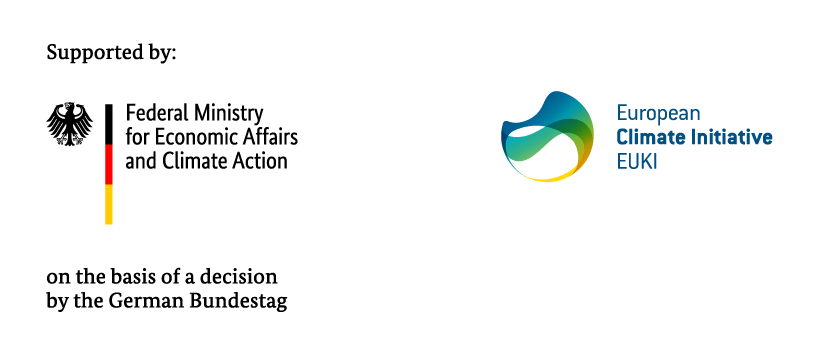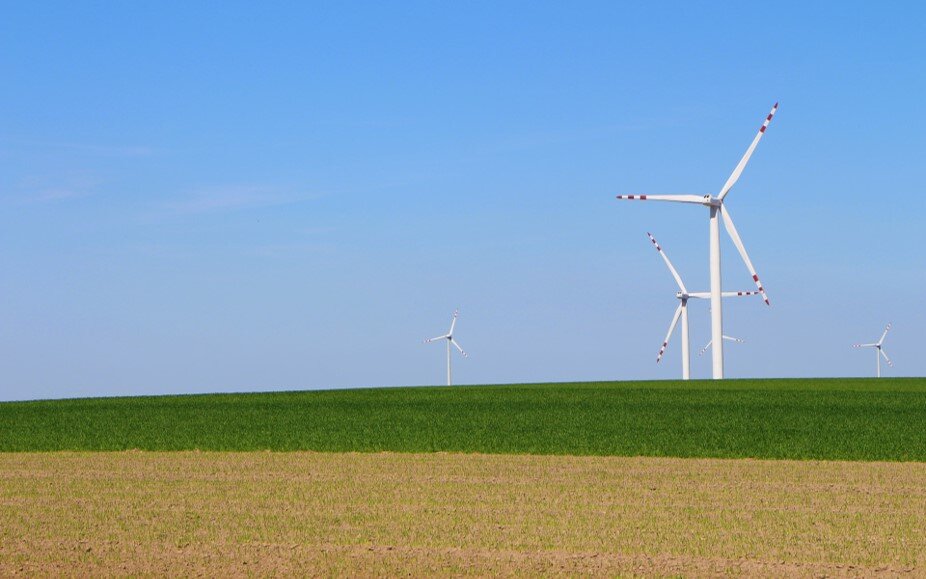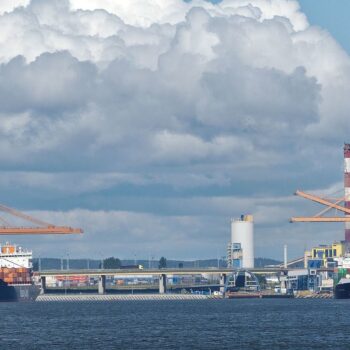Some governments from Central and Eastern Europe, like Poland, Romania and Bulgaria have come out in opposition against increasing ambition in the Renewable Energy Directive, siding with France instead. This puts them at risk of undermining their own energy security.
The political stand-off over the EU’s ambition on renewables could be coming to a head with the negotiation of the European Commission, the Parliament and member states on the new EU target for renewable energy. The most ambitious proposal on the table is targeting a share of 45% of renewable energy in the EU’s energy mix by 2030 – a target already considered within reach under the current trajectory, It is supported by the European Parliament and the Commission, but Member States remain divided.
The lack of competitiveness of coal, and the energy security risks that come with gas, mean that wind and solar have now emerged as the energy source of choice for Europe. And there are some good reasons why especially Central and Eastern European countries stand to gain too.
Cheap and fast to build
Wind and solar are the cheapest and fastest option to increase generation capacity. Renewables were attractive even before the price shocks, especially for small and medium-sized enterprises (SMEs) and cooperatives. Utility-scale solar projects are now built entirely on a competitive market basis, with prices going below EUR 0.05 per kWh. In Poland the most notable uptake of PV systems of 9 GW was achieved through rooftop installation by households under a relatively modest incentive scheme provided by the government.
Multiple projects have been in the pipeline in the region and can go fast forward if permitting is sped up. Renewables create more jobs, their decentralised output allows to boost economic activity in rural areas and despite the higher upfront costs they decrease the energy costs over time. The governmentss’ role is now to enable further development by ensuring fair competition and infrastructure development and grid flexibility.
Enhanced energy security
Once built, renewables serve for decades. They are not vulnerable to security risks or whims or oligopoly-like energy coming from afar.
Renewables are the only local and carbon-free option for CEE being a region that imports much of its energy carriers from outside. Even in a situation of a regional black-out solar and wind capacity nearby can (autonomously) power a city, a town or a village.
Long-term economic competitiveness
Access to clean energy is already a make-or-break requirement by many multinationals that have set non-negotiable climate targets for their suppliers. They rely on governments to set the right policy frameworks and provide financial support.
Renewables can offer economic growth
Countries in Central and Eastern Europe can profit from manufacturing components for renewables. It could open the doors for scaling the production of the components or technology development to support the energy transition.
For example, Poland already provides over 50% of the added value of wind projects domestically. This can be taken a step further with regional cooperation on value chains
The debate on nuclear is only distracting from the issues at stake
Existing nuclear capacity will remain a base load provider for Central and Eastern Europe in the coming years. But the debate about new nuclear facilities is counterproductive. Unlike Germany, Austria, Denmark, Spain and Portugal that are transitioning to nuclear-free, new reactors are planned all over CEE.
However, even with favourable conditions, they are unlikely to be finalised until the mid-30s. By that time, renewable energy sources will have already done the heavy lifting of powering Europe past fossil fuels.
Support 45% target
With almost €140 bn available for the Recovery and Resilience facility, the Just Transition Fund and the Modernisation Fund – on top of the Cohesion funds and the role of the national budgets, an ambitious adoption and implementation of RePoweEU offer a unique window of opportunity for Central and Eastern Europe to start benefit from high growth rates of renewables and narrow the gap to achieving net zero power by 2035.
Crucially it would strengthen the political leadership many Central and Eastern Europen countries have provided to ensure a strong EU response to Russia’s war against Ukraine by showing they are choosing the energy source that will improve Europe’s energy independence from Russia fastest.



